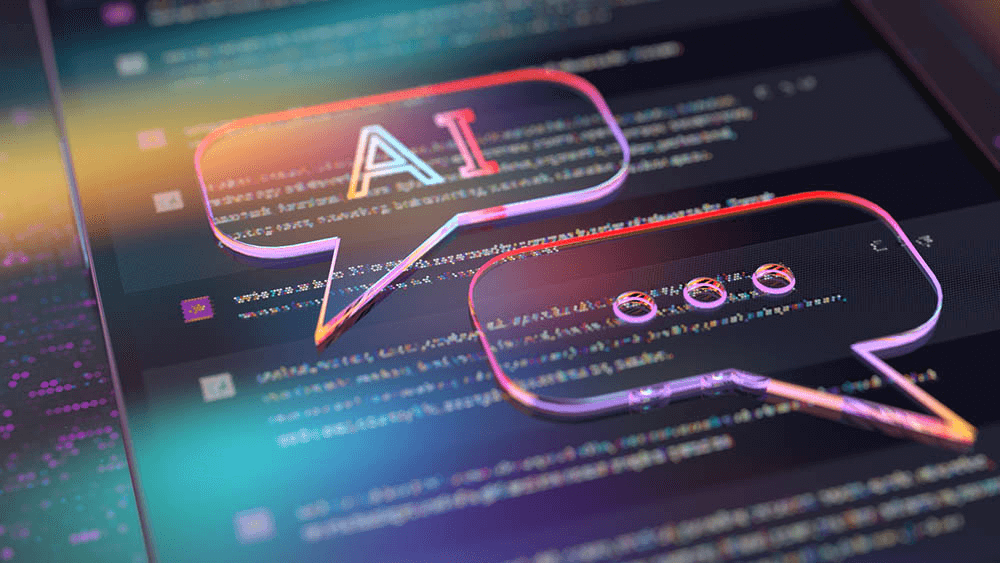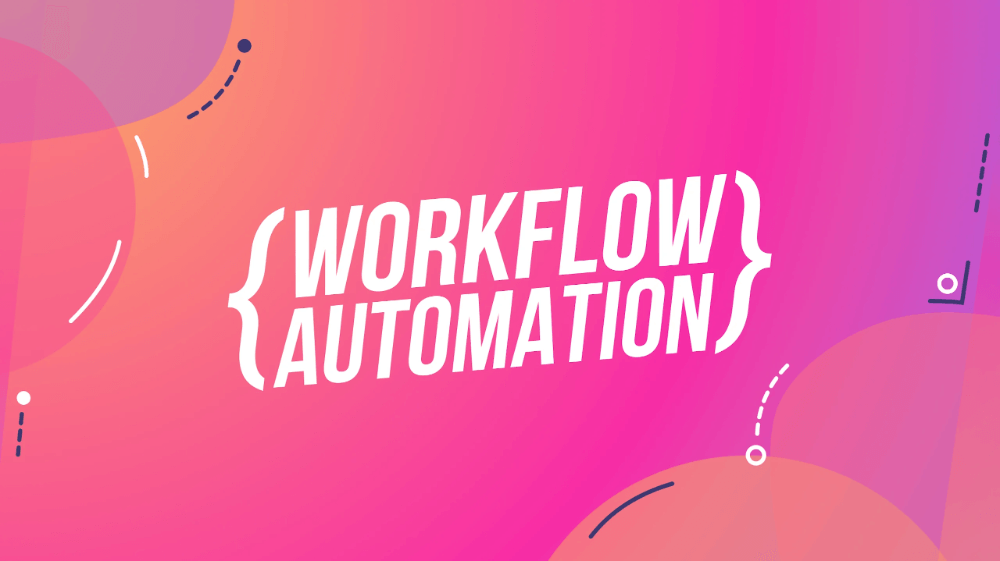📑Table of Contents:
- The Evolution of SMS and MMS Marketing
- How AI Personalizes SMS and MMS Campaigns
- The Power of AI in MMS Marketing
- Automating SMS Workflows with AI
- Ethical Considerations and Human Oversight
- The Future of AI in SMS and MMS Marketing
- Balancing Automation with Authenticity
- Measuring Success in AI-Powered SMS Campaigns
- Building Your AI-Powered SMS Strategy
- Final Thoughts

Artificial Intelligence (AI) has become a driving force in digital marketing, and its impact on SMS and MMS marketing is nothing short of revolutionary. What once required manual list management, intuition-based segmentation, and broad messaging can now be automated, optimized, and personalized with data-backed precision. AI doesn’t just make SMS and MMS marketing easier—it makes them smarter.
In this guide, we’ll explore how AI transforms text-based marketing, from personalization and segmentation to automation and ethics. You’ll also learn what trends are shaping the future of AI-powered SMS and MMS strategies.
The Evolution of SMS and MMS Marketing
SMS and MMS marketing have long been reliable tools for connecting directly with customers. With open rates consistently above 90%, text messaging outperforms email in both visibility and engagement. However, as audiences grow and expectations rise, brands face the challenge of sending messages that feel personal, not robotic.
That’s where AI steps in. By combining predictive analytics, machine learning, and natural language processing (NLP), AI allows businesses to send messages that resonate with each recipient. It enables marketers to move beyond static campaigns toward real-time, data-driven communication.
How AI Personalizes SMS and MMS Campaigns
AI takes personalization far beyond first names and birthdays. It learns from user interactions, behaviors, and preferences to craft messages that align with individual needs. Here’s how it works in practice.
Smart Segmentation
Traditional segmentation divides audiences by simple data points like age or location. AI-driven segmentation goes deeper. It analyzes customer purchase history, browsing behavior, and engagement trends to create micro-segments. These micro-groups share similar habits, enabling highly relevant messages.
For example, a fitness brand could use AI to identify customers who often buy protein supplements but haven’t purchased workout gear recently. The system might then send a tailored MMS with product recommendations or limited-time offers.
Predictive Timing
Timing can make or break an SMS campaign. Send a message too early or too late, and engagement drops. AI models learn when each user is most likely to open or respond to a message. This predictive intelligence ensures texts arrive at the perfect moment, increasing response rates and minimizing opt-outs.
Dynamic Content Generation
AI can even assist in crafting message content. Natural language models can recommend subject lines, emojis, or CTAs that match a brand’s tone and customer sentiment. For MMS campaigns, AI can select visuals or short clips based on what similar users found engaging in the past.
This level of personalization makes every text feel hand-crafted, even when it’s automated at scale.
Real-Time Adaptation
AI tools continuously learn from interactions. If a campaign underperforms, algorithms adjust in real time—testing new formats, changing tone, or altering timing. This adaptive approach eliminates guesswork and ensures steady improvement.
The Power of AI in MMS Marketing
While SMS excels in brevity, MMS brings visuals into play. AI enhances MMS marketing by optimizing multimedia content and delivery strategy.
- Image Recognition: AI can match customers with visuals that appeal to their interests, using data like previous clicks or demographic details.
- File Optimization: AI compresses and resizes MMS content for faster delivery without compromising quality.
- Engagement Prediction: AI models assess which type of media—video, GIF, or photo—is likely to generate higher engagement per recipient.
For instance, a restaurant could send personalized MMS messages showing the customer’s favorite dish during lunch hours, increasing the likelihood of immediate orders.
Automating SMS Workflows with AI

AI doesn’t just personalize; it automates. Chatbots, machine learning workflows, and smart triggers allow marketers to respond instantly to customer behavior.
An AI-driven SMS platform can:
- Send follow-ups when a customer abandons a cart.
- Reactivate inactive users through incentive-based offers.
- Manage appointment reminders automatically.
- Conduct two-way conversations using natural language chatbots.
This automation saves hours of manual work while maintaining the human touch through contextual and relevant messaging.
Ethical Considerations and Human Oversight
With great power comes great responsibility. AI-driven marketing introduces ethical challenges that marketers must address thoughtfully.
Data Privacy
AI thrives on data, but not all data should be used freely. Brands must ensure compliance with data protection laws such as GDPR, CCPA, and TCPA. Customers should always opt in before receiving texts. Transparency about data collection and usage builds trust.
Algorithmic Bias
AI learns from historical data, which sometimes contains human bias. If not monitored, these biases can influence which customers receive offers or promotions. Marketers should regularly audit AI models to ensure fair and inclusive messaging.
Maintaining the Human Touch
Even with automation, SMS and MMS should feel authentic. Over-reliance on AI-generated messages risks making communications feel mechanical. Human oversight ensures empathy, tone, and creativity remain central.
Avoiding Spam-like Behavior
AI can scale messaging easily, but it must be used carefully. Too many automated messages or irrelevant recommendations can irritate customers and increase opt-outs. Balance frequency and value to maintain engagement.
The Future of AI in SMS and MMS Marketing
AI is only scratching the surface of its potential in mobile marketing. As technology matures, several emerging trends are shaping the next wave of innovation.
Predictive Behavioral Messaging
Soon, AI will not only react to customer behavior but anticipate it. Imagine sending a discount right before a customer starts shopping or sending loyalty rewards when engagement drops. Predictive behavior models make marketing proactive rather than reactive.
Voice-to-Text and Multimodal Communication
With voice AI growing in popularity, integration between SMS, voice assistants, and other interfaces will blur communication lines. Future campaigns might merge SMS, MMS, and voice to deliver seamless experiences.
Emotion AI
Emotion detection is another frontier. By analyzing text tone and response patterns, AI could tailor messages based on a customer’s mood—encouraging empathy-driven marketing.
Hyper-Personalization through AI + CRM Integration
As CRMs become smarter, AI will synchronize SMS data with customer profiles in real time. This will enable ultra-precise campaigns—where every message reflects current customer behavior, preferences, and journey stage.
Balancing Automation with Authenticity
The best marketing combines technology with humanity. AI can enhance precision, but empathy still drives loyalty. Brands should treat AI as an assistant, not a replacement. Let algorithms handle data, timing, and optimization—but rely on human creativity to craft messages that spark emotional connections.
This balance keeps messaging authentic and customer relationships strong.
Measuring Success in AI-Powered SMS Campaigns
Like any marketing channel, success depends on tracking key metrics. AI helps marketers analyze performance faster and more accurately. Key performance indicators include:
- Delivery rate: Measures technical success of campaigns.
- Open and response rates: Gauge engagement and timing accuracy.
- Conversion rate: Shows effectiveness of personalization.
- Opt-out rate: Monitors user satisfaction and compliance health.
AI also helps identify correlations between metrics, revealing deeper insights. For instance, it can detect how response times differ by message type or time of day, helping marketers fine-tune strategy continuously.
Building Your AI-Powered SMS Strategy
If you’re just starting with AI in SMS and MMS marketing, take it step by step:
- Integrate AI-ready tools: Choose a platform that supports automation and data analysis.
- Collect quality data: Focus on consent-based, accurate customer data.
- Define your objectives: Know whether you aim to boost engagement, drive sales, or improve retention.
- Train AI models: Feed the system with campaign data and track performance.
- Refine and humanize: Monitor AI outcomes and ensure human creativity shapes your brand tone.
Once you master this balance, AI becomes an invisible partner—an intelligent system that amplifies your reach while keeping your brand voice genuine.

Final Thoughts
AI’s role in SMS and MMS marketing goes beyond automation—it’s transforming how brands connect with people. It enables smarter segmentation, perfect timing, and personalized storytelling at scale. Yet, technology alone isn’t enough. Human oversight, ethical practices, and emotional intelligence remain essential.
As AI tools evolve, marketers who combine data-driven precision with human empathy will stand out. SMS and MMS will no longer be simple text channels—they’ll become intelligent, conversational experiences that strengthen every customer relationship.
